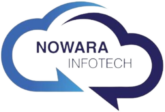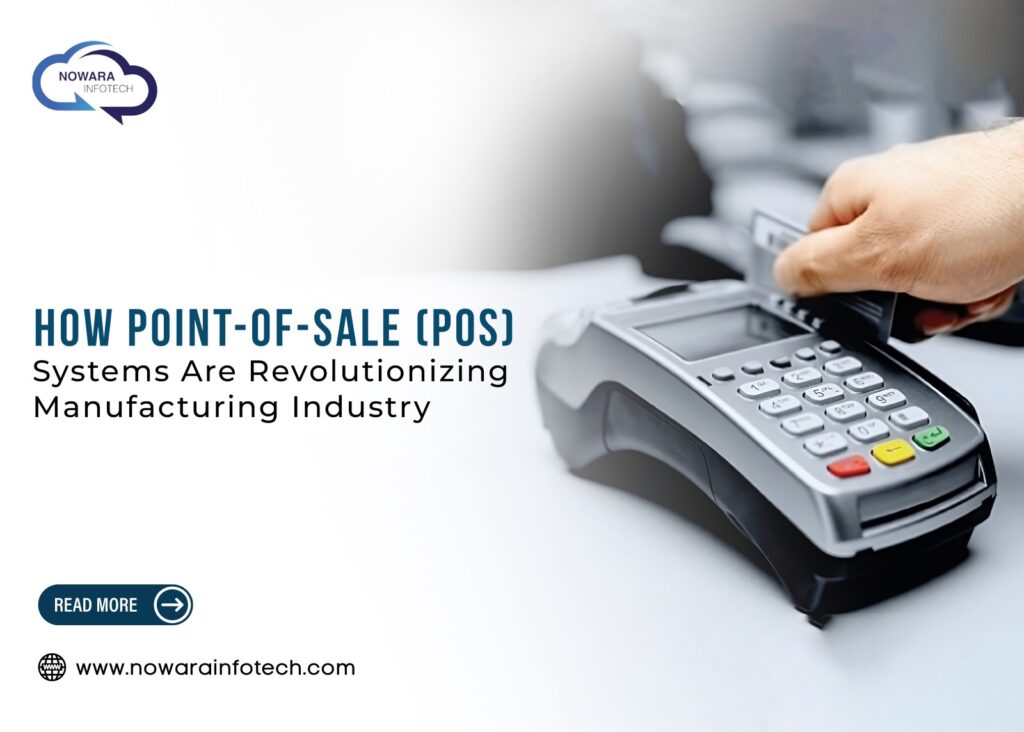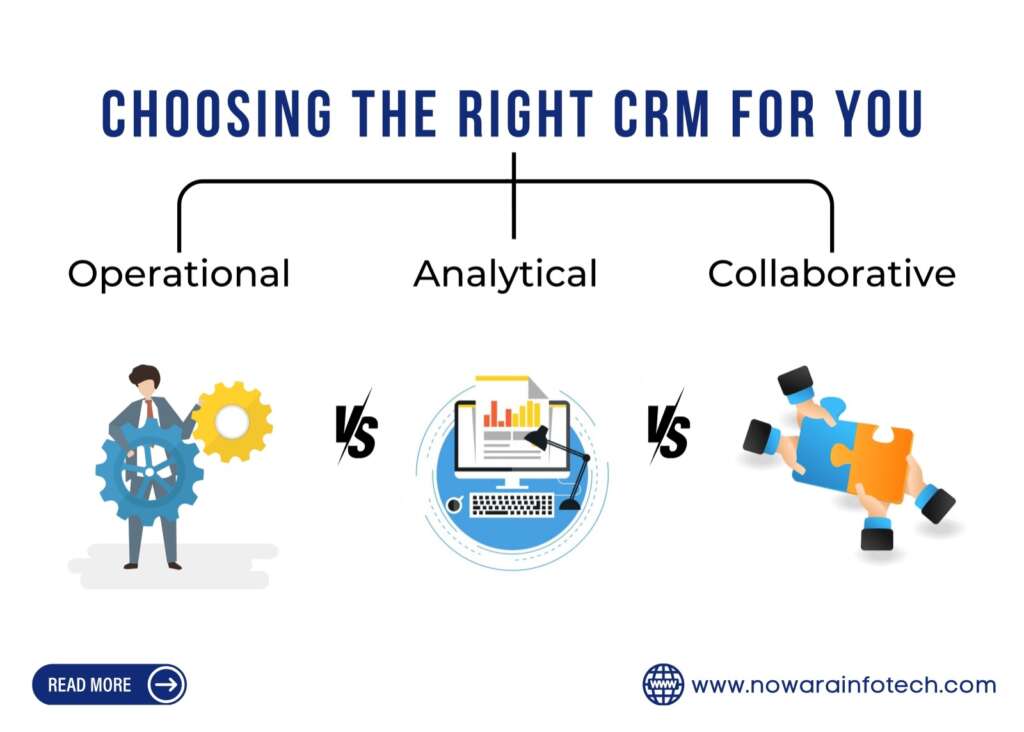How Point-Of-Sale (Pos) Systems Are Revolutionizing Manufacturing Industry
The manufacturing industry is a powerhouse of innovation, constantly churning out the products that keep our world running. But what if I told you that a technology typically associated with retail stores is quietly transforming this sector? That’s right, Point-of-Sale (POS) systems are having a major impact on manufacturing, and the results are impressive. Studies show that manufacturers who’ve adopted POS systems have seen a significant 20% increase in operational efficiency. So, Let’s dive deeper and explore how POS manufacturing ERP software is revolutionizing the way things are made. What is POS in Manufacturing? POS in manufacturing refers to the software and hardware combination used to process transactions at the point of sale, typically in retail environments. However, in manufacturing, POS systems serve a broader purpose beyond simple transactions. They integrate with manufacturing ERP software like Microsoft Dynamics CRM to streamline operations, manage inventory, and enhance customer experiences. The Four Types of POS Systems 1. Stationary POS: Traditional checkout counters equipped with terminals for processing transactions. 2. Mobile POS: Utilizes mobile devices such as tablets or smartphones for on-the-go transactions, ideal for manufacturing environments with varying points of sale. 3. Online POS: Virtual platforms that enable customers to make purchases online, seamlessly integrated with physical POS systems. 4. Self-Service Kiosks: Empower customers to complete transactions independently, reducing wait times and enhancing efficiency in manufacturing settings. What is the Purpose of Point-of-Sale POS manufacturing ERP software? At its core, the primary purpose of a POS manufacturing ERP software in manufacturing is to facilitate smooth transactions. However, their functionalities extend far beyond this: Streamlined Operations: POS systems integrate with ERP for manufacturing industry, providing real-time insights into inventory levels, sales trends, and customer preferences. Enhanced Customer Experience: Quick and efficient transactions, personalized promotions, and seamless omnichannel experiences leave a lasting impression on customers. Improved Inventory Management: Accurate tracking of inventory levels prevents stockouts, minimizes excess inventory, and optimizes supply chain efficiency. Data-Driven Decision Making: Detailed analytics generated by POS systems empower manufacturers to make informed decisions regarding pricing strategies, product development, and resource allocation. How has technology improved point-of-sale transactions? Advancements in technology have revolutionized POS transactions, making them faster, more secure, and highly efficient: What does a POS system help prevent by accurately tracking inventory levels in real time? One of the most significant advantages of POS systems lies in their ability to accurately track inventory levels in real-time. This functionality helps prevent: In essence, POS systems serve as the backbone of modern manufacturing operations, driving efficiency, profitability, and customer satisfaction. By harnessing the power of technology and integration, manufacturers can stay ahead of the curve in an increasingly competitive market landscape. Nowara Infotech: Your Partner in Manufacturing POS Revolution The manufacturing landscape is changing rapidly, and Nowara Infotech is here to help you navigate the transformation. Our expertise in POS systems and manufacturing ERP software can streamline your operations, boost efficiency, and empower you to make data-driven decisions. Ready to unlock the potential of POS systems in your manufacturing business? Contact Nowara Infotech today for a free consultation! We’ll assess your specific needs and recommend the perfect POS solution to optimize your workflow and propel your business forward.


